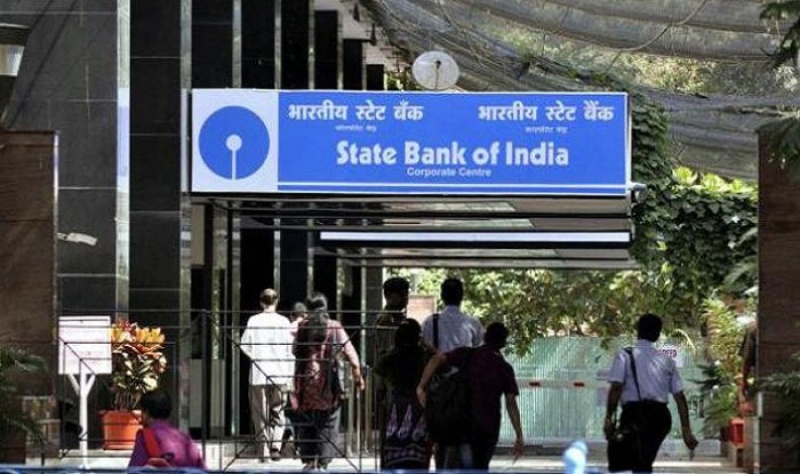SBI introduces ‘free’ facility for filing income tax return
The State Bank of India (SBI) is introducing a new facility for its clients that allows them to file an income tax return (ITR) for free. So if you are an SBI c
- by B2B Desk 2021-01-04 07:09:06
SBI allows its clients to file an income tax return for free using its Yono banking and lifestyle app. This new facility could be useful as the deadline for filing tax returns has been extended to January 10.
The State Bank of India (SBI) is introducing a new facility for its clients that allows them to file an income tax return (ITR) for free. So if you are an SBI client and have not yet filed an ITR, these new facilities can be helpful as the deadline for filing tax returns has been extended to January 10. The SBI allows its clients to file an income tax return free of charge using banking services and the yono lifestyle app.

The SBI said in a tweet on Twitter: "Save bhi, file ITR. Submit your tax return with Tax2win on YONO for free ..."
SBI customers interested in using the facility should follow the steps listed below:
Open the YONO SBI app on your phone and log in.
- Continue shopping "Buy and Order" and click on "Taxes and Investments".
-You will have to pay a minimum of INR 199 for the CA assisted service.
- In case you encounter any problems while using the service, you can request assistance by calling +91 9660-99-66-55.
Once you see Tax2Win, click on it for more details.
You can also send an email to support@tax2win.in.
Meanwhile, more than Rs 4.54 crore of 2020-21 income tax returns have been filed as of December 29, 2020, as reported by the Income Tax Department in a tweet.
Due to the Covid-19 pandemic, the government extended on Wednesday the deadline to file an Income Tax Return (ITR) for individuals by 10 days until January 10, 2021. Taxation by companies was also extended until February 15, the Finance Ministry said in a statement.
This is the third time that the government has extended the deadline for ITR filing, first from the usual deadline of July 31 to November 30 and then to December 31, 2020.
Also Read: RBI launches Digital payments index to track transactions
POPULAR POSTS
Loan EMIs to Drop as RBI Slashes Repo Rate - Full MPC December 2025 Highlights
by Shan, 2025-12-05 11:49:44
Zoho Mail vs Gmail (2025): Which Email Platform Is Best for Businesses, Startups, and Students?
by Shan, 2025-10-09 12:17:26
PM Modi Launches GST Bachat Utsav: Lower Taxes, More Savings for Every Indian Household
by Shan, 2025-09-24 12:20:59
$100K H-1B Visa Fee Explained: Trump’s New Rule, Clarifications & Impact on Indian Tech Workers
by Shan, 2025-09-22 10:11:03
India-US Trade Deal Soon? Chief US Negotiator Arrives in Delhi as Talks Set to Begin Tomorrow
by Shan, 2025-09-15 11:54:28
Modi Meets Xi: Trump’s Tariffs, Strategic Autonomy, and the Future of Asia’s Power Balance
by Shan, 2025-09-03 06:40:06
Google Claims Gemini AI Uses Just ‘Five Drops of Water’ Per Prompt, Sparks Debate
by Shan, 2025-08-22 12:34:27
RECENTLY PUBLISHED

Pine Labs IPO 2025: Listing Date, Grey Market Premium, and Expert Outlook
- by Shan, 2025-11-05 09:57:07

The Agentic Revolution: Why Salesforce Is Betting Its Future on AI Agents
- by Shan, 2025-11-05 10:29:23

Top 10 Insurance Companies in India 2026: Life, Health, and General Insurance Leaders Explained
- by Shan, 2025-10-30 10:06:42

OpenAI Offers ChatGPT Go Free in India: What’s Behind This Big AI Giveaway?
- by Shan, 2025-10-28 12:19:11

Best Silver Investment Platforms for 2025: From CFDs to Digital Vaults Explained
- by Shan, 2025-10-23 12:22:46





 Subscribe now
Subscribe now 